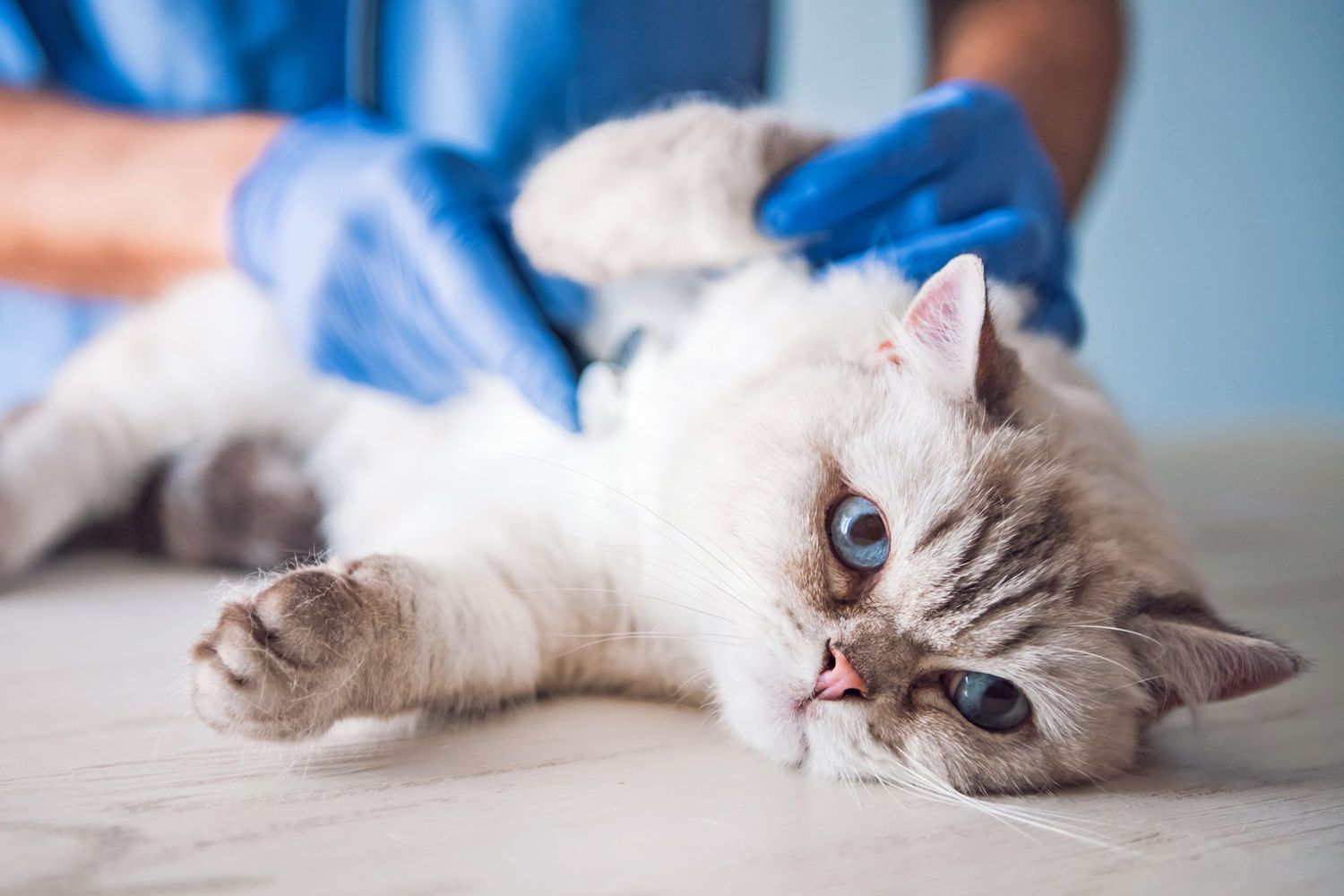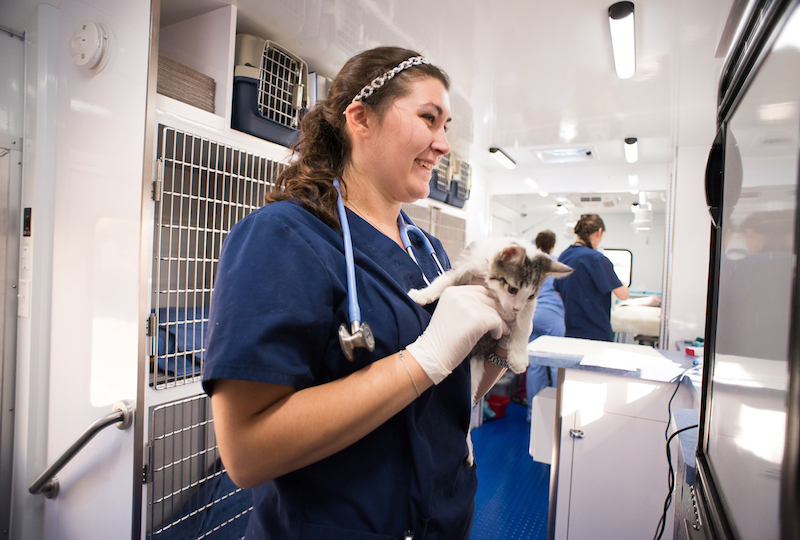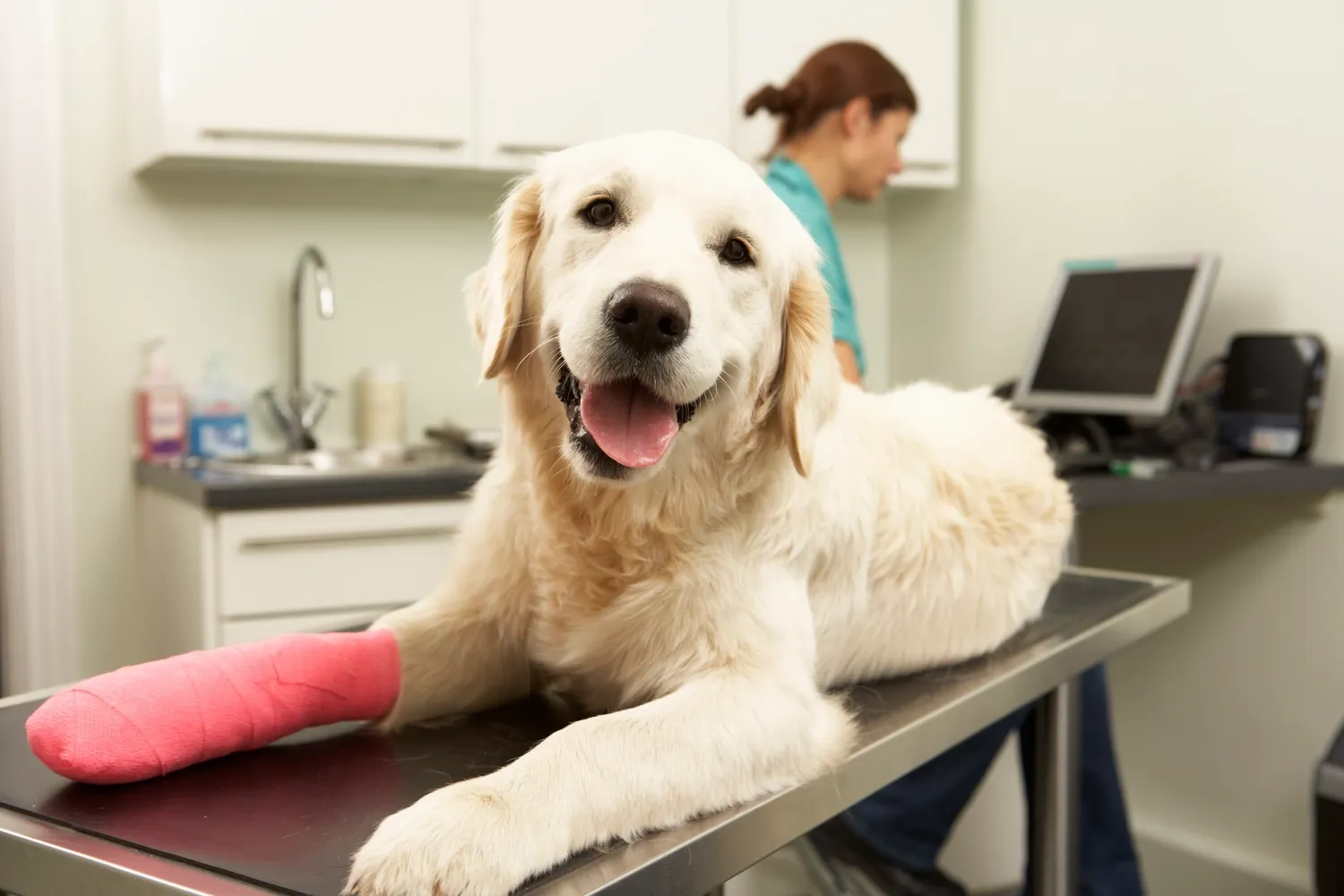Emergency veterinary services are critical for the health and well-being of pets when they experience sudden illnesses, injuries, or other urgent medical issues outside of regular veterinary office hours. These services are designed to provide immediate care and attention to animals in distress. Here’s what you should know about Emergency Vets in Laredo TX:
1. Types of Emergencies:
- Emergency veterinary services are needed for a wide range of situations, including accidents, injuries, poisoning, severe illness, breathing difficulties, seizures, and more. Any condition that requires immediate attention to prevent suffering or save a pet’s life is considered an emergency.
2. Availability:
- Many areas have 24/7 emergency veterinary clinics or hospitals that are open around the clock, seven days a week, including holidays. These facilities ensure that pet owners can access emergency care whenever it’s needed.
3. Services Offered:
- Emergency veterinary services include diagnostics, treatment, and surgery for critical conditions. This may involve X-rays, blood tests, wound care, intravenous fluids, medication administration, and emergency surgeries.
4. Emergency Staff:
- Emergency veterinary clinics have experienced veterinarians and support staff trained to handle urgent cases. They are equipped to provide immediate care and make decisions quickly to stabilize pets in distress.
5. Referrals and Transfers:
- In some cases, a pet may need to be referred to a specialist or transferred to a specialty hospital for more advanced care. Emergency veterinarians can coordinate such referrals when necessary.
6. Cost Considerations:
- Emergency veterinary care can be costly, and fees often include a premium for after-hours services. Pet owners should be prepared for potential expenses and inquire about payment options or pet insurance coverage.
7. Preparation:
- Pet owners can prepare for emergencies by having a list of emergency veterinary clinics and their contact information readily available. It’s also important to keep a first-aid kit for pets on hand and know basic first-aid procedures.
8. Timely Response:
- When a pet experiences a medical emergency, it’s crucial to act quickly. Delaying care can worsen the situation. Contact an emergency veterinary clinic as soon as possible for guidance.
9. Preventive Measures:
- While emergency veterinary services are essential for immediate care, preventive measures such as regular veterinary check-ups, vaccinations, and pet safety measures can help reduce the risk of emergencies.
10. Pet Insurance: – Consider obtaining pet insurance, which can help cover the cost of emergency veterinary care and other medical expenses.
In summary, emergency veterinary services are a vital resource for pet owners, ensuring that their animals receive prompt and life-saving care during critical situations. Being prepared, knowing where to find emergency care, and acting swiftly in response to a pet’s emergency are essential steps to safeguarding your pet’s health and well-being.



